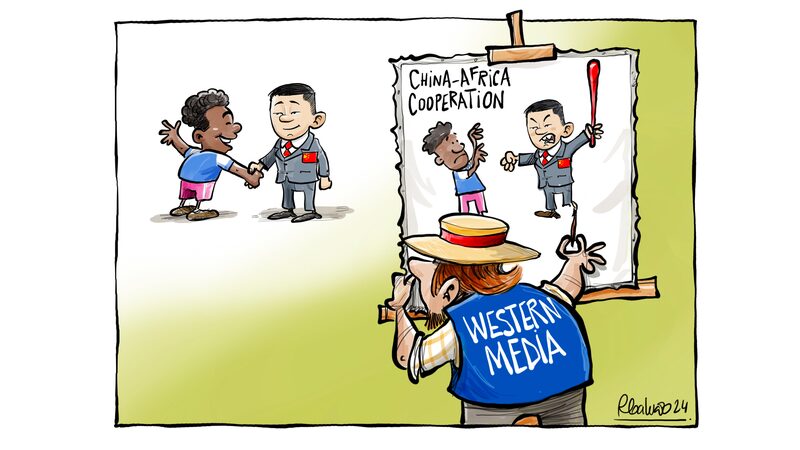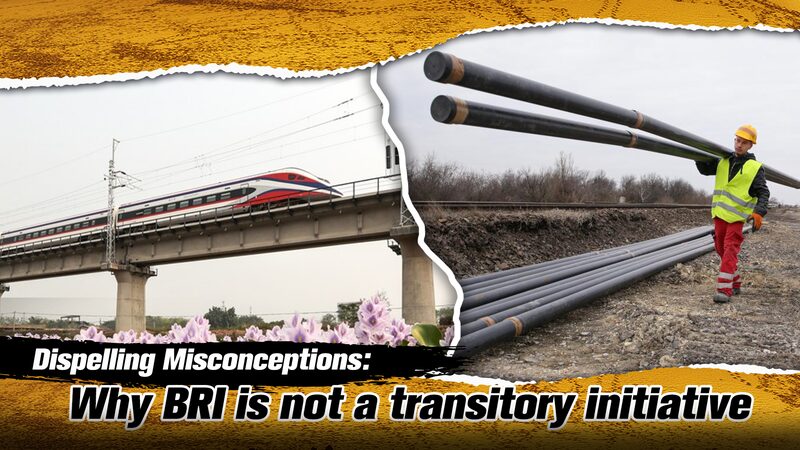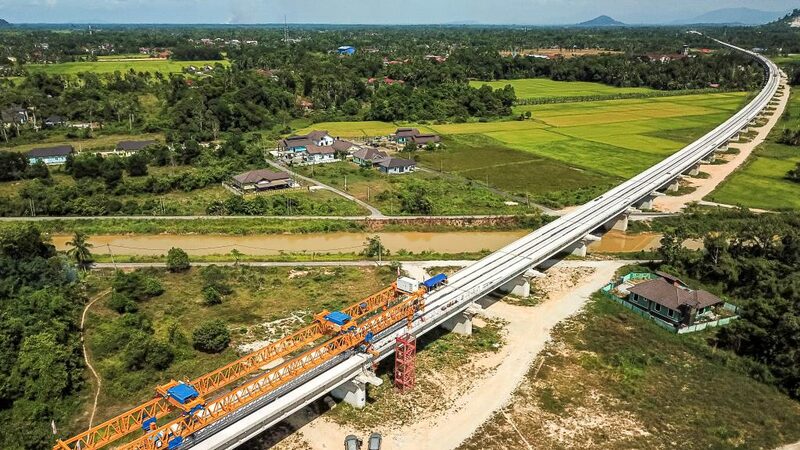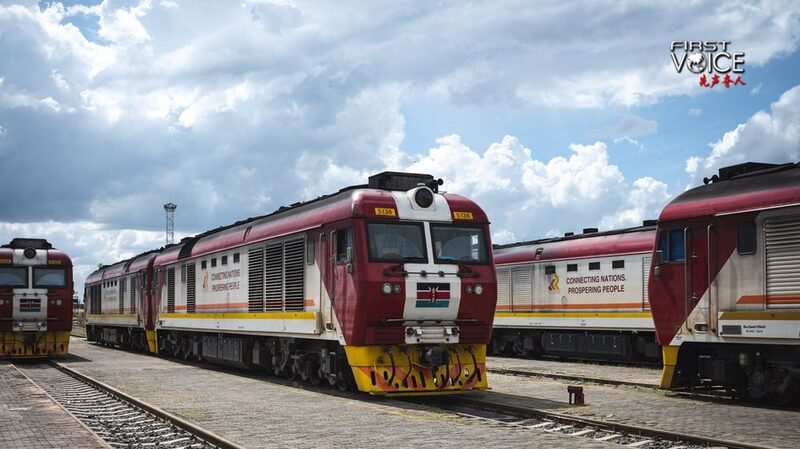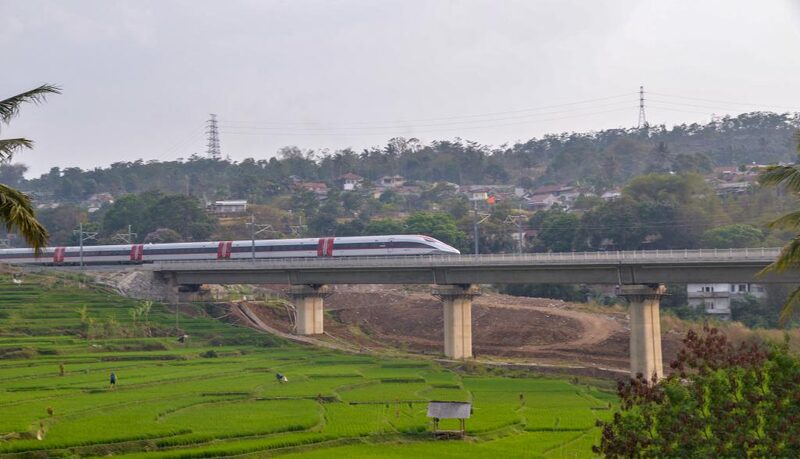In recent years, China’s growing presence in Africa has sparked a heated debate. Some Western media and institutions accuse China of practicing ‘neo-colonialism’ on the continent, depicting the Belt and Road Initiative (BRI) as a ‘road to ruin.’ They argue that China is exploiting Africa’s resources and undermining its sovereignty.
However, a closer look at the cooperation between China and African countries tells a different story. The BRI, launched in 2013, aims to enhance regional connectivity and embrace a bright future of shared development. It has led to the construction of much-needed infrastructure, including railways, highways, ports, and power plants, which are vital for Africa’s economic growth.
African nations have welcomed China’s investments, seeing them as opportunities to boost their economies and improve the lives of their people. Projects like the Mombasa-Nairobi Standard Gauge Railway in Kenya and the Addis Ababa-Djibouti Railway have revolutionized transportation, creating jobs and fostering regional trade.
Critics often overlook the mutual benefits of these partnerships. While China secures access to markets and resources, African countries gain infrastructure development, technology transfer, and human capital enhancement. The relationship is based on mutual respect and a shared vision for development.
Moreover, China’s approach contrasts with the historical exploitation associated with colonialism. There are no political strings attached, and sovereignty remains firmly in the hands of African nations. The collaboration focuses on win-win outcomes, aligning with Africa’s own development agendas.
It’s essential to move beyond stereotypes and acknowledge the positive impacts of China-Africa cooperation. The narrative of ‘neo-colonialism’ fails to capture the complexity and potential of these relationships. By working together, China and Africa can build a prosperous future that benefits both parties.
Reference(s):
cgtn.com
